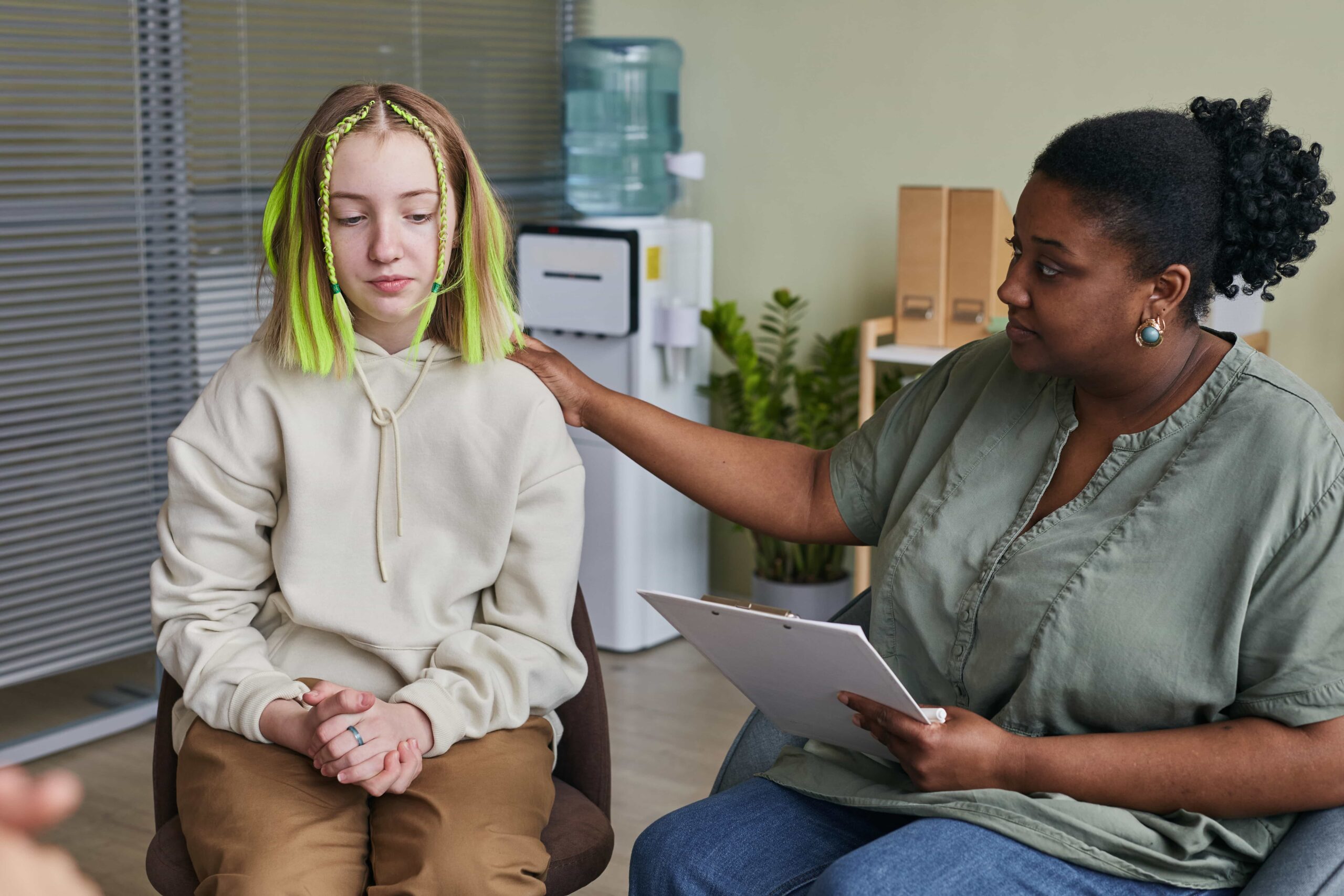MDMA/Molly Addiction: Side Effects & Treatment In Florida
There is a widespread and incorrect belief that MDMA, also known as molly or ecstasy, and other club drugs are not addictive, but there is much scientific research that strongly indicates otherwise. The release of neurotransmitters in the brain which causes the ‘rush’ after taking club drugs can result in the user feeling euphoric and alert, with a strong feeling of love for the people around them. These drugs are called club drugs as they are typically taken in nightclubs or music festivals and are commonly found at live music events playing electronic music. Although the user will experience a ‘comedown’ the following day, when they are depleted of the ‘happy hormones’ or neurotransmitters like dopamine and serotonin, the brain will crave feeling that same ‘high’ and therefore may leave the user feeling that they need to take these drugs in order to feel happy, relaxed or connected to others, which can result in an addiction. Florida drug law recognizes molly’s danger to public health and classifies MDMA (3,4-methylenedioxymethamphetamine) as a schedule 1 controlled substance meaning that it’s illegal to use or distribute the drug in any form. Getting caught with MDMA or molly-like drugs can result in a felony and jail time.
What is MDMA/molly addiction?
An addiction to club drugs can be characterized by the user feeling like they are unable to control the amount they take and how often. The ability to obtain and consume club drugs will become a higher priority than anything else, and the user may begin to abandon and withdraw from their previous commitments and relationships in order to dedicate more time to accessing and using club drugs.
What are the side effects of taking Molly or other club drugs?
On top of the damage MDMA/molly addiction can bring to one’s professional and social life, the negative effects of MDMA are felt both the day after drug usage and for years after the drug is ingested. The day after taking molly, people typically suffer from a mix of symptoms, such as side effects of molly day after:
- Unexplained anxiety or irritability
- Short-term depression
- Increased impulsivity
- Lack of appetite
- Struggle to sleep through the night
- General fatigue
- Blurred vision
Long-term effects for users can include:
- Brain damage and cognition issues
- Kidney and liver damage
- Internal bleeding
- Psychosis
Signs and symptoms of an addiction to club drugs
Addiction rarely affects people in the same way, and our experienced professionals at The Beachcomber have encountered and treated people from all different experiences and backgrounds. We understand that treatment must be unique to the person seeking help. However, there are typical indicators that you or your loved one may struggle with a club drug addiction, including symptoms of molly:
- Prioritizing taking club drugs and attending events and occasions where club drugs are available over work or social events which were previously important
- Neglecting personal appearance and hygiene, except for when occasions occur which include club drugs
- Becoming financially unstable, prioritizing money for occasions which include club drugs over food, clothing, and other essential items
- Feeling emotionally unstable, experiencing intense bouts of anxiety and depression following the use of club drugs, necessitating taking more
- Becoming irritable and aggressive when unable to obtain or take club drugs or if confronted about their drug use
- Tight, clenched jaw, dilated pupils with a rapid, slurred speech which may be difficult to follow or understand
Treatment options available for MDMA/molly addiction
While it would depend largely on the extent of the club drug addiction as to whether a person will need to undergo a detoxification process, it is certainly necessary to uncover and identify the root causes of the addiction. One-to-one and group therapy sessions will encourage the addicted person to understand and take responsibility for their addiction and begin to move forward toward a brighter future. In addition to one-to-one and group therapy, there is a range of treatment options, such as meditation to treat anxiety; these have been proven highly effective treatment options to work alongside traditional drug addiction therapy methods. The full range of services available from The Beachcomber includes:
- Inpatient Residential Treatment
- One-to-one Therapy
- Group therapy
- Family/couples therapy
- Outpatient Treatment
- Emotional Freedom Technique
- Meditation Therapy

